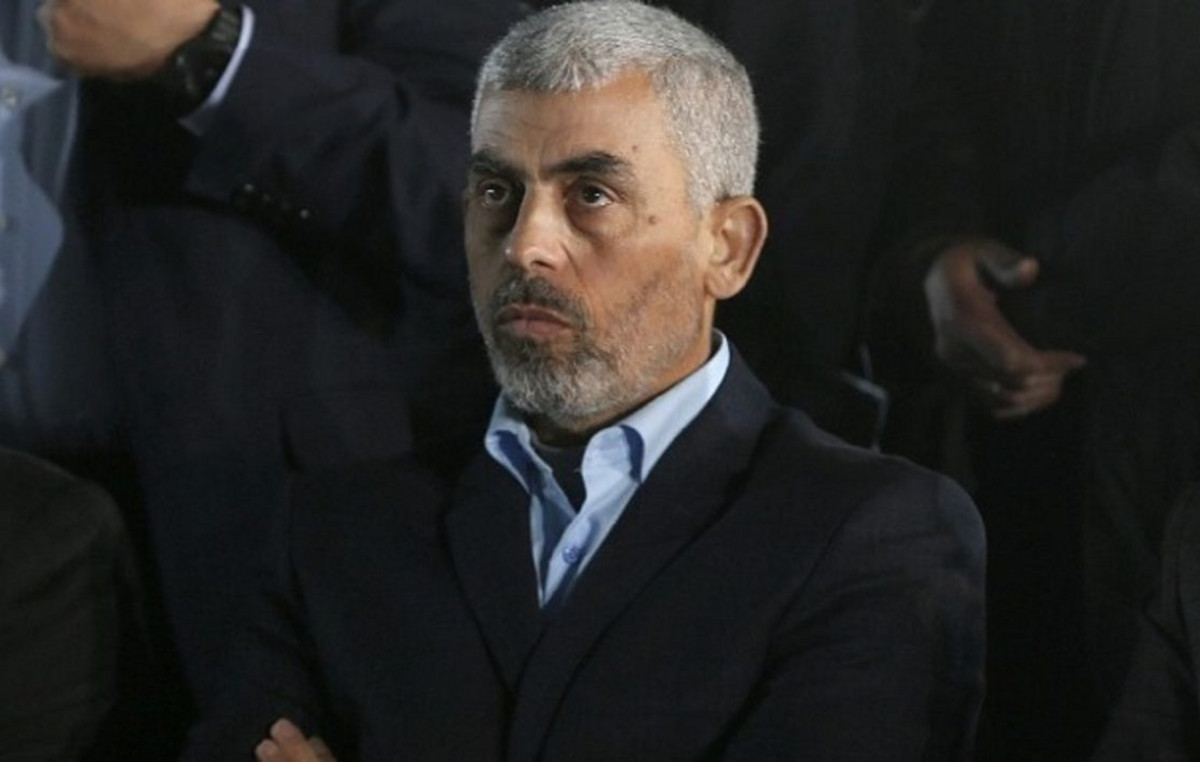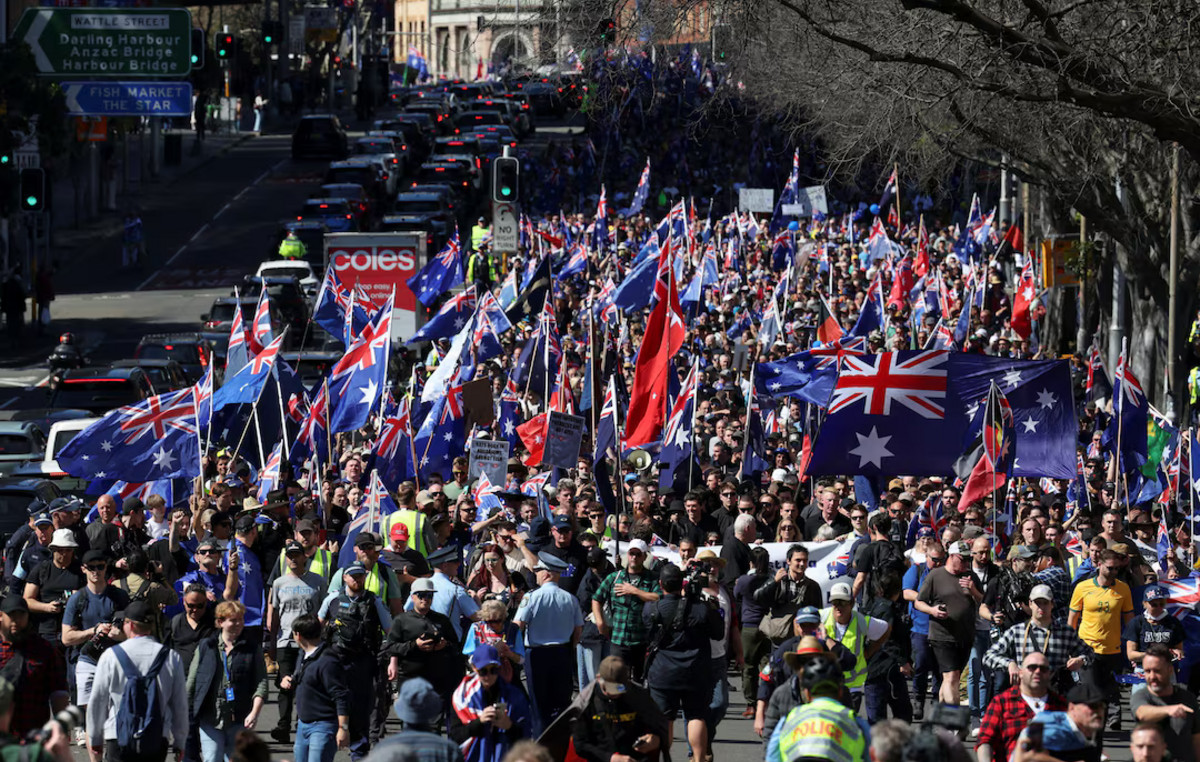By Costas Raptis
France is in contemplation. As of midnight, all the pre-election events have ended, and the citizens are using this 24-hour period of calm to finalize their decisions, in view of tomorrow’s first round of the presidential elections. The full absorption of Europe, of course, by the war in Ukraine, seems to have pushed aside the fact that the second largest economy in the Eurozone, which is at the same time a nuclear power, a permanent member of the Security Council, is coming to the polls. UN, heir to an extensive sphere of influence secured by its past colonial performance, but also a large “political laboratory” traditionally.
The feeling that incumbent President Emanuel Macron has secured his re-election is certainly realistic, but it risks being misleading. Never before in the history of the Fifth French Republic has there been so much uncertainty as to the intentions of the voters, but also as to the future course of the country, in the midst of so many international and domestic challenges. Never before has far-right leader Marine Le Pen come so close to her goal of seizing power.
Abstinence and haircut
Uncertainty primarily concerns the turnout. In the 2017 elections, 77.7% of voters went to the first round and 74.5% to the second round. This year, abstention is the unbalanced variable that undermines any candidate’s plan. According to the latest poll by Le Parisien newspaper, only 72% of those polled say they will move to the polls tomorrow – and a week earlier, the figure was even lower at 69%. For the second round, any prediction is meaningless at the moment, as long as it is not known which duo will fight and, most importantly, whether a climate of dilemma will develop (obviously to the detriment of Lepen), which will mobilize those voters who have seen their chosen one to be eliminated in the first round.
There is, however, one area in which there is more clarity: who are the candidates who “count”. Out of the dozens of presidential candidates, only Macron, Le Pen and the leader of the “Rebellious France”, Jean-Luc Melanson, secure a double-digit percentage in the polls. An element that points to the haircut of the political field around the poles of the reformist center-right, the extreme right and the radical left and makes Macron the only credible exponent of the European consensus.
Rally and scandals
The resident of Elysium, of course, had the advantage of leading the state in a time of great international crisis, a fact that led to the gathering of more and more citizens around his candidacy during the last six weeks of the war in Ukraine. His government experience, as well as questions about the pro-Russian leanings of his main opponents, were factors that sidelined other priorities of voters, related to internal reasons to be uncomfortable. But this advantage is not unlimited power.
In addition, the French president comes to the polls declaring his determination to try a new pension reform, while also facing the “McKinsey scandal”, ie the revelation of his government’s extensive appeal to the services of the American consulting company, without even being taxed in France for what he received from public money.
Latest polls
Hence the latest polls show both Le Pen and Melanson recording gains of around two points each, closing the gap in the top three in the rankings, bringing it closer to polling error levels and recalling past polling failures.
In particular, according to the latest Ipsos poll, Emanuel Macron is said to have secured 27% of the vote intention in the first round, Marin Le Pen 23% and Melanson 17%.
The far-right TV star Eric Zemour, who previously seemed to be overthrowing the landscape, has landed at 9%, as is the Republican candidate (ie center-right opposition official) Valerie Pekres, who his main “victim”.
Hidden “bombs”
The irony is that Zemour and Pekres in their own way played a decisive role in Lepen escaping from a scene in which she seemed besieged everywhere. The obsession of the former with the issues of national identity and the supposedly threatened Islamization of France, and the latter with the subject of law and order, allowed the leader of the National Alarm to focus (at least until the second round) on the economy and the level living, finally appearing as more moderate. The communication tactics of Le Pen’s constant involvement with “ordinary people”, in the context of a campaign with small concentrations across the country, also played a role.
Of course, obsessions such as banning the Islamic headscarf remain, while on the crucial issue of relations with Europe, the rejection of any previous reference to leaving the EU. or the euro, does not downplay the fact that Le Pen’s program hides “bombs” for the common market, such as the reintroduction of customs controls to “fight fraud”.
Last minute counterattack
However, the diffusion of Le Pen’s former favorite agenda into wider sections of the political scene, implements its strategy of “demonization”, softening the reflexes of democratic counter-consolidation of the majority, which until now was facing the pre-eminent leader.
Hence, sensing the danger, Emanuel Macron took care to stand on two points during the last days of his election campaign. The first was to point out that (unpleasant) surprises are always possible, as the British Brexit referendum showed, and therefore vigilance is needed. The second was the frontal attack on Lepen for its financial program, which “is not costed”, constitutes “voter fraud” and will primarily affect small depositors and small retirees. At the same time, the resident of Elysium intensified his efforts to address the young people (in whom he records percentages better than the average) and reminded that Lepen’s agenda remains racist and will divide society.
The “Russia” factor
His attempt to highlight the “Russian skeletons in the closet” of Le Pen, whose party has borrowed from Russia, proved to be more complicated. The Polish prime minister’s accusation that Macron regularly talks with Putin during the war was answered by the French president with the reverse accusation that Mateusz Morawiecki belonged to a far-right party and in this capacity interfered in the French elections.
Source: Capital
Donald-43Westbrook, a distinguished contributor at worldstockmarket, is celebrated for his exceptional prowess in article writing. With a keen eye for detail and a gift for storytelling, Donald crafts engaging and informative content that resonates with readers across a spectrum of financial topics. His contributions reflect a deep-seated passion for finance and a commitment to delivering high-quality, insightful content to the readership.







